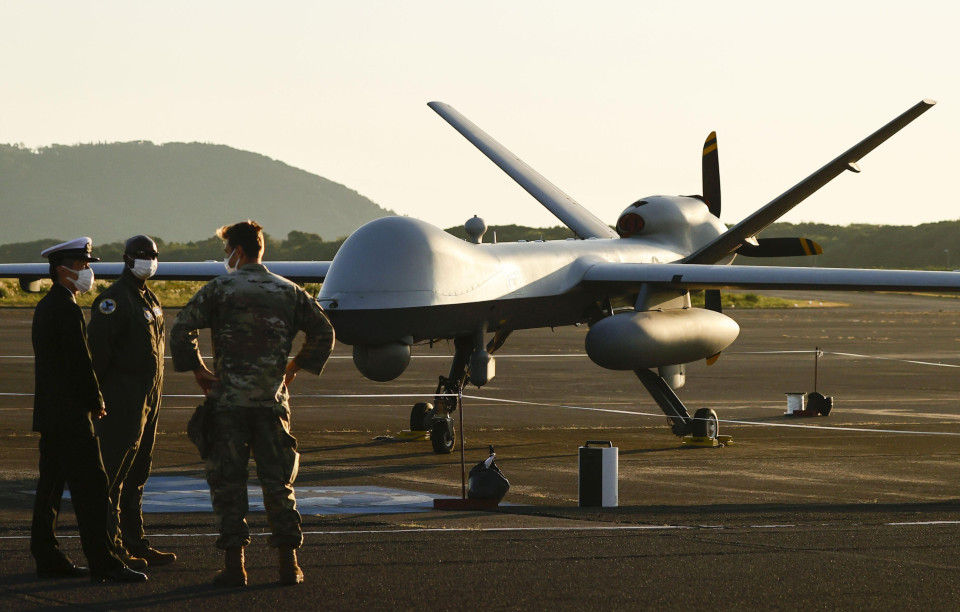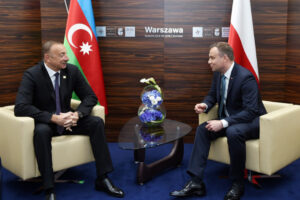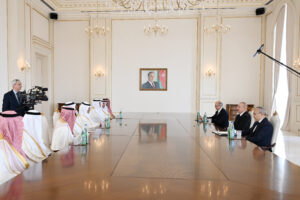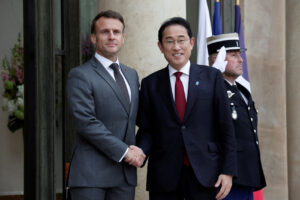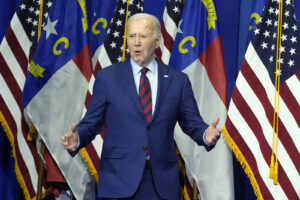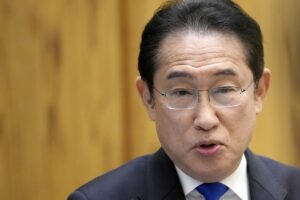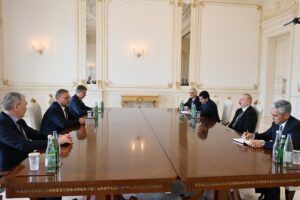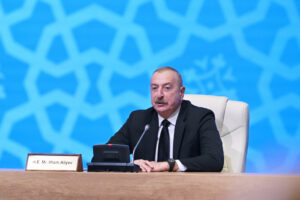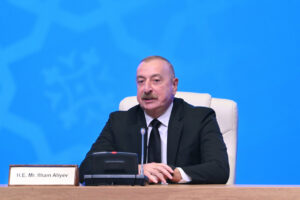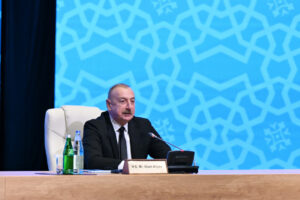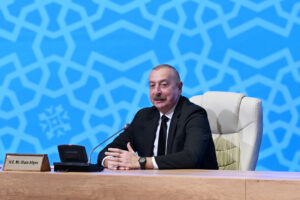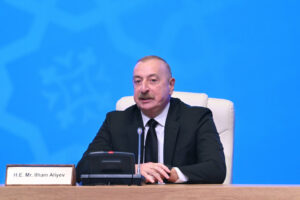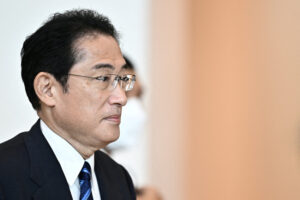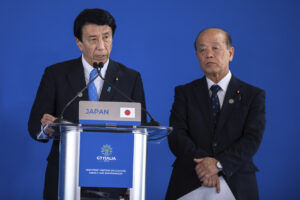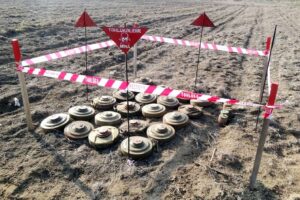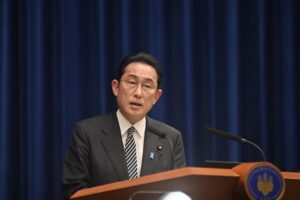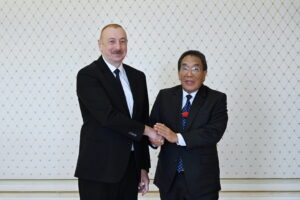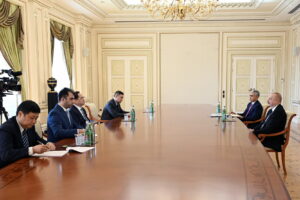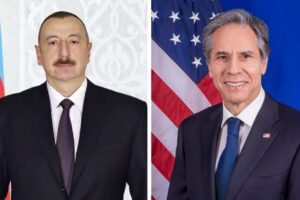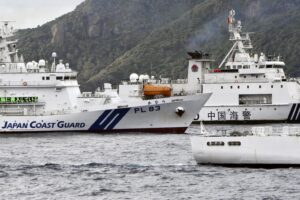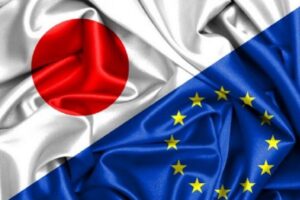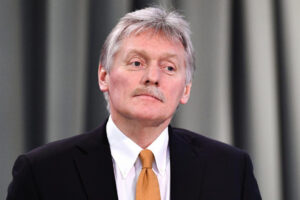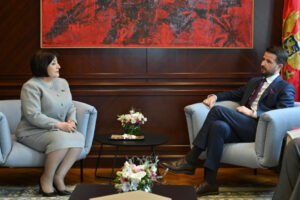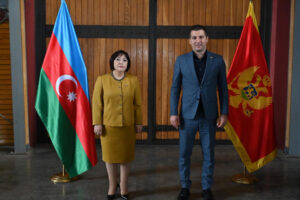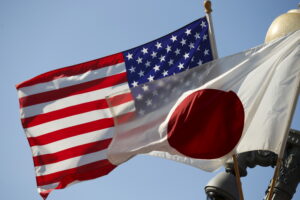Tokyo, 19 December, /AJMEDIA/
Japan and the United States have launched a new organization to analyze information collected by their defense equipment, including U.S. unmanned aircraft recently deployed near the East China Sea where China is intensifying its military activities.
The new team, based at the Yokota Air Base in the suburbs of Tokyo and dubbed the U.S.-Japan Bilateral Intelligence Analysis Cell, was set up in November following a bilateral agreement at a Japan-U.S. defense ministerial meeting in September to jointly analyze information acquired by Japanese and U.S. assets.
The assets include the U.S. military’s MQ-9 Reaper reconnaissance drones, which went into operation at the Maritime Self-Defense Force’s Kanoya air base in the southwestern prefecture of Kagoshima in November on a temporary basis.
The MQ-9 deployment reflects Washington’s efforts to beef up its surveillance and intelligence-gathering activities near Japan’s southwestern Nansei island chain, which includes the Japan-controlled Senkaku islets, also claimed by China.
Over a one-year period through next November, eight MQ-9s in total are expected to be stationed at the Kanoya base, according to the municipal government of Kanoya.
The analysis team consists of about 30 Japanese and U.S. personnel, according to the Defense Ministry. The Japanese personnel hail from the ground, maritime and air self-defense forces as well as the ministry’s Defense Intelligence Headquarters, while the U.S. personnel are mainly from the U.S. Air Force.
At the team’s launching ceremony at the Yokota base on Nov. 29, U.S. Forces Japan Commander Lt. Gen. Ricky Rupp said the new organization “ensures strategic readiness by enhancing mutual threat understanding” between Japan and the United States.
Through the joint analysis work, the two nations will “offer the greatest stabilizing force in the Western Pacific,” he added.
Lt. Gen. Yasuhiko Suzuki, vice chief of the Japanese ministry’s Joint Staff, said the team’s establishment “further strengthens the constant monitoring of unusual actions” and “helps deter provocative actions” in the region.
Defense Minister Yasukazu Hamada and his U.S. counterpart Lloyd Austin agreed at the September meeting on “the importance of strengthening intelligence, surveillance and reconnaissance capabilities” to boost the alliance’s deterrence and response capabilities, according to the ministry’s readout.

